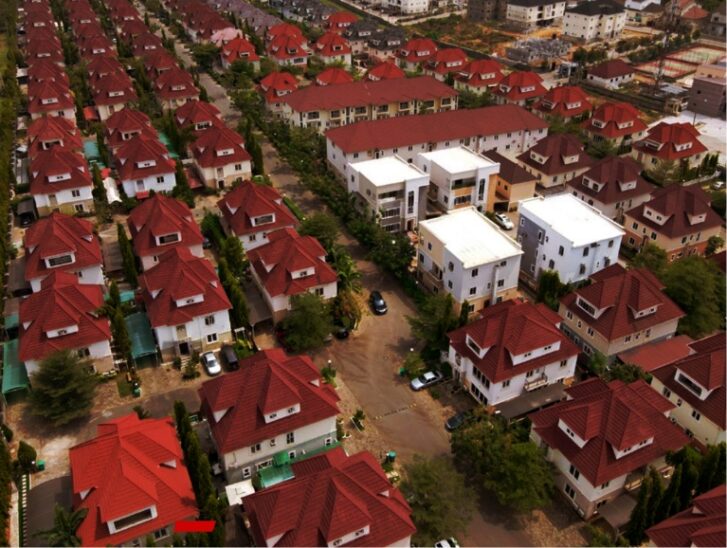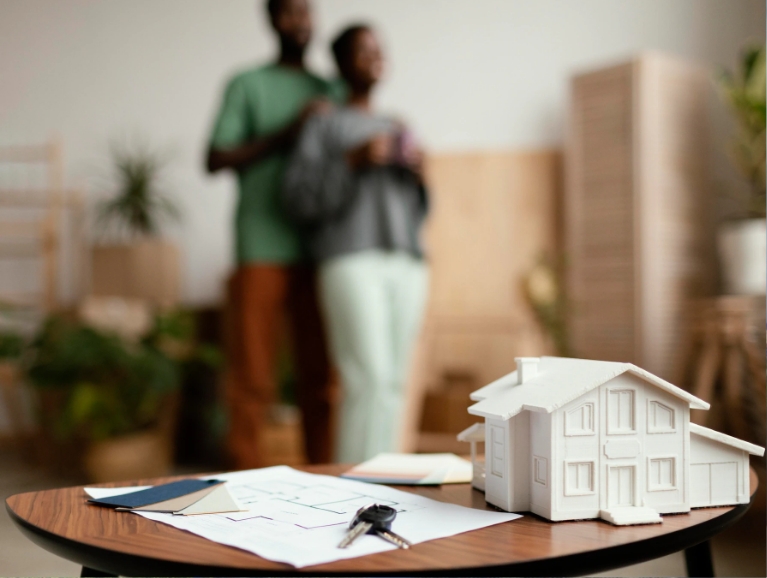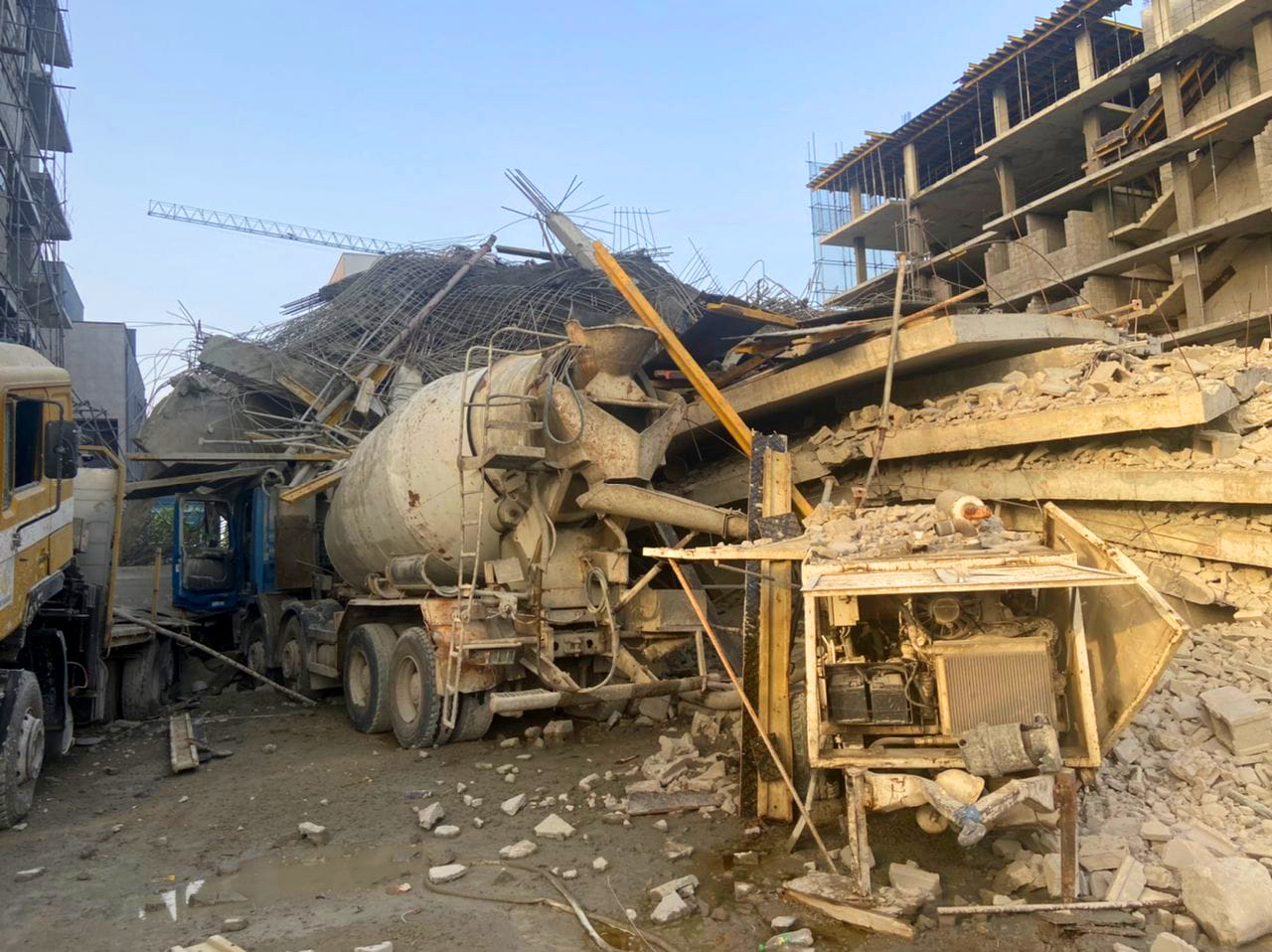Understanding and Addressing the Housing Crisis in Nigeria: Causes, Challenges, and Solutions
In Nigeria, the shortage of housing units poses a significant challenge, particularly in urban areas, affecting millions of people. According to the World Bank, the country needs about 700,000 housing units annually to meet the demand of its growing population, but only 100,000 are provided. Consequently, there is a housing deficit of at least 17 million units that is expected to increase as the population doubles by 2050.
The causes of this crisis are multifaceted and complex. They include factors such as rapid urbanization, poverty, inequality, land tenure issues, inadequate infrastructure, lack of finance, corruption, and weak policy and regulatory frameworks. These factors have resulted in the proliferation of slums, squatter settlements, substandard housing units, homelessness, and forced evictions.
Addressing this crisis requires a concerted effort from all stakeholders, considering the enormity of the challenges involved. The key challenges include providing affordable and adequate housing for low-income and vulnerable groups, improving the quality and sustainability of existing housing stock, enhancing access to land, finance, and basic services for housing development, strengthening the legal and institutional framework for housing delivery and protection, promoting participatory and inclusive approaches to housing planning and management, and fostering innovation and collaboration among public, private, and civil society actors.
One solution that has emerged in the housing sector is the initiative of Brains and Hammers, a leading real estate company in Nigeria. Brains and Hammers aims to solve the issue of housing deficit by providing quality and affordable housing solutions for different segments of the market. The company has delivered over 6,000 housing units across various states in Nigeria, ranging from luxury apartments to mass housing estates.
Moreover, Brains and Hammers plans to build cities that are self-sustained, offering all amenities that make a city successful to residents. The company intends to create smart, green, and livable cities that would enhance the quality of life and well-being of Nigerians. Some of the features of these cities include modern infrastructure and facilities such as roads, water, electricity, security, health care, education, recreation, etc. Furthermore, the cities’ design and construction would be energy-efficient and environmentally-friendly, using renewable energy sources like solar and wind power, with digital technology and innovation integrated to improve service delivery and governance. Brains and Hammers also aims to foster social inclusion and diversity to encourage community cohesion and harmony.
By implementing these solutions, Brains and Hammers hopes to contribute to the realization of the right to adequate housing for all Nigerians and support the achievement of the Sustainable Development Goals.




